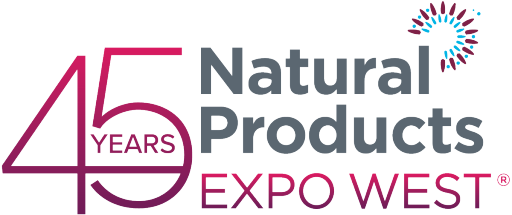Participant safety and protection are not just a legal obligation, but are essential to the mission of Radicle Science because transparency and being evidence-based are at the core of all we do. To best protect our clinical trial participants, Radicle Science requires clients to meet standards for manufacturing and product quality across our studies.
How we confirm product safety:
When formulating Radicle study products, clients must create their active product and their placebo under current good manufacturing processes (cGMP) (in the same manner as any commercial product) (1). The placebo control must be indiscernible from active products, matching in appearance, taste, product form, packaging, and instructions for use; ideally, the only difference between active and placebo study products is that the placebo does not contain the active ingredient(s).
How we verify consistency between study products and placebos:
Prior to shipping the study product to Radicle’s warehouse, clients provide Radicle Science with cGMP, ISO, or NSF certification from an external auditor showing study products are manufactured in a compliant facility. They also provide a certificate of assurance (COA) for all study products, including the placebo. The COAs document the presence of the active (or lack thereof in the placebo) and the purity of each study product. Additionally, clients must provide appropriate insurance documentation (COI) for the study products.
How we ensure compliance with domestic laws and international best practice:
All Radicle Science IRB-approved, randomized, double-blind, placebo-controlled trials (RCTs) are designed and conducted in accordance with the International Conference on Harmonization guidelines for Good Clinical Practice (ICH E6, current version R2) (2) and the Code of Federal Regulations for the Protection of Human Subjects (45 CFR, Part 46)(3). The purpose of these guidelines are not only to protect clinical trial participants, but also to ensure the scientific validity and credibility of the data collected in human clinical studies. To that end, any product studied in a Radicle RCT is held to the standards set forth by the United States Pharmacopeia (USP) and recommended by the FDA for dietary supplements.
Requirements for testing include:
- Microbiological Attributes (USP 2023)
- Elemental Contaminants (USP 2232)
- Chemical Tests for Articles of Botanical Origin, and Pesticide Residues (USP 561)
- Residual Solvents, Class I and II (USP 467)
How participants are protected from packaging:
During the onboarding process, detailed guidelines are provided to clients to ensure that the quality and purity standards are met, and that the product is packaged appropriately as a study product. Of course, if a product is already a commercial product, many of the requirements have already been met.
Highlights of the packaging requirements for Radicle study products are:
- A container that appropriately protects the product from heat and light.
- Tamper-evident packaging, at minimum an external safety seal.
- The same amount of supplement per container.
- Each container is labeled with the 4-color, water-resistant Radicle study product label.
- Free of external packaging or inserts that identify the client.
By adhering to standards required for manufacturing and recommended for quality by the FDA, Radicle Science remains true to our mission and vision for the industry, study participants are protected and assured only high-quality product, and the IRB approval process for a clients study is swift, taking usually less than 3 weeks to complete. After all, protecting safety and rights is at the center of a truly participant-focused clinical trial.


